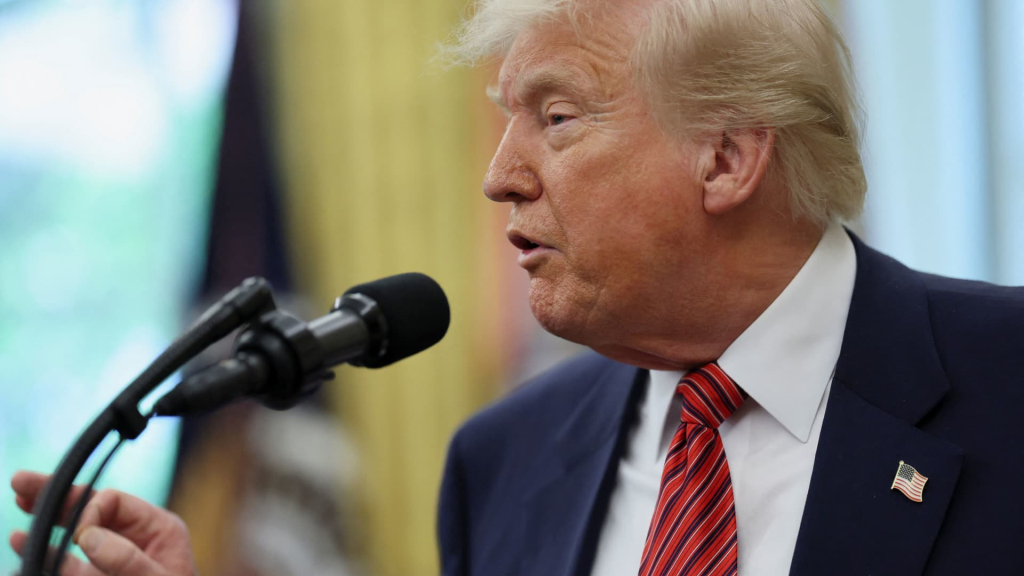On Wednesday, U.S. President Donald Trump announced that China would provide rare earth materials to the United States as part of a forthcoming trade agreement.
Trump described the connection between the two global economic giants as “excellent” in a post on Truth Social, asserting that “WE ARE GETTING A TOTAL OF 55% TARIFFS, CHINA IS GETTING 10%.”
He detailed that China will provide essential rare earths, including magnets, upfront, while the U.S. will grant concessions, such as allowing Chinese students to enroll in American colleges and universities.
The trade pact awaits final approval from both Trump and Chinese President Xi Jinping. Trump emphasized his commitment to collaborating with Xi to enhance American trade with China, calling it “a great WIN for both countries!!!”
Negotiators from both nations revealed on Tuesday that they had reached a consensus on trade after two days of high-level discussions in London.
“We have established a framework to implement the Geneva consensus and facilitate the call between the two presidents,” U.S. Commerce Secretary Howard Lutnick told the press.
This sentiment was echoed by Li Chenggang, China’s international trade representative and vice minister at China’s Commerce Ministry, during his comments to reporters.
The sourcing of rare earth elements and magnets, vital for the automotive and defense industries, has proven to be a major point of contention between the two nations.
In early April, China’s Ministry of Commerce enacted export restrictions on strategically significant minerals in response to increased tariffs imposed by Trump on Chinese goods.
Both countries had accused one another of failing to adhere to a preliminary trade agreement that was established in Switzerland last month. Nevertheless, optimism among investors for a resolution grew following last week’s phone call between Trump and Xi.
China’s mineral supremacy
China maintains its status as the dominant player in the critical minerals supply chain, producing approximately 60% of the world’s rare earths and processing nearly 90%, signifying that it imports these materials before refining them.
U.S. officials have previously sounded alarms about this dominance, labeling it a strategic challenge amid the global shift towards more sustainable energy sources.
The unpredictability of Trump’s trade policies has unsettled financial markets recently, causing disruptions at major ports and straining global supply chains.
Following Trump’s announcement on social media, oil prices experienced a spike. Brent crude futures for August delivery rose by $1 to $67.87. The contract was last reported up approximately 1.8% for the trading session.
Meanwhile, West Texas Intermediate futures for July delivery saw an increase of 2.2%, reaching $66.42.


























